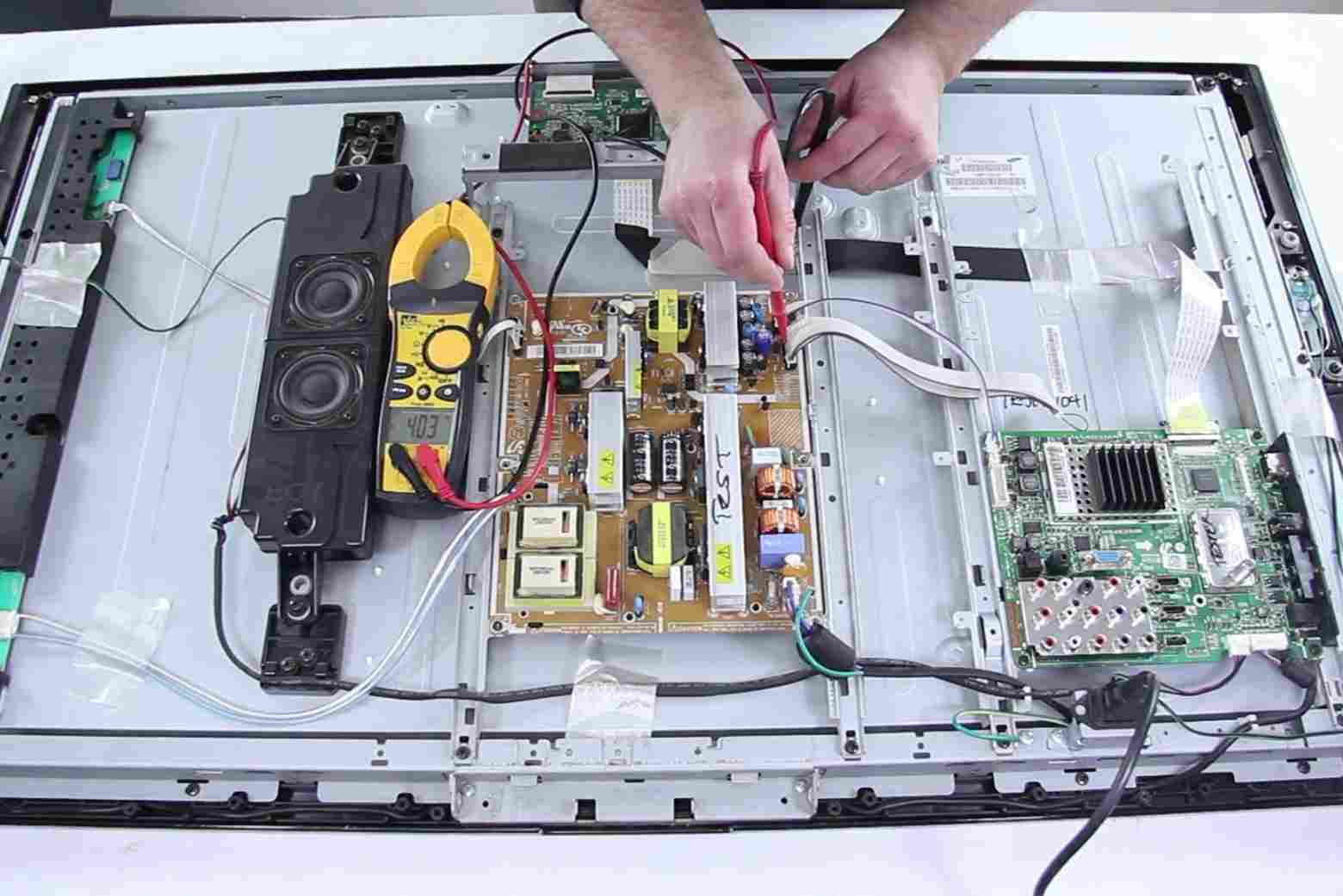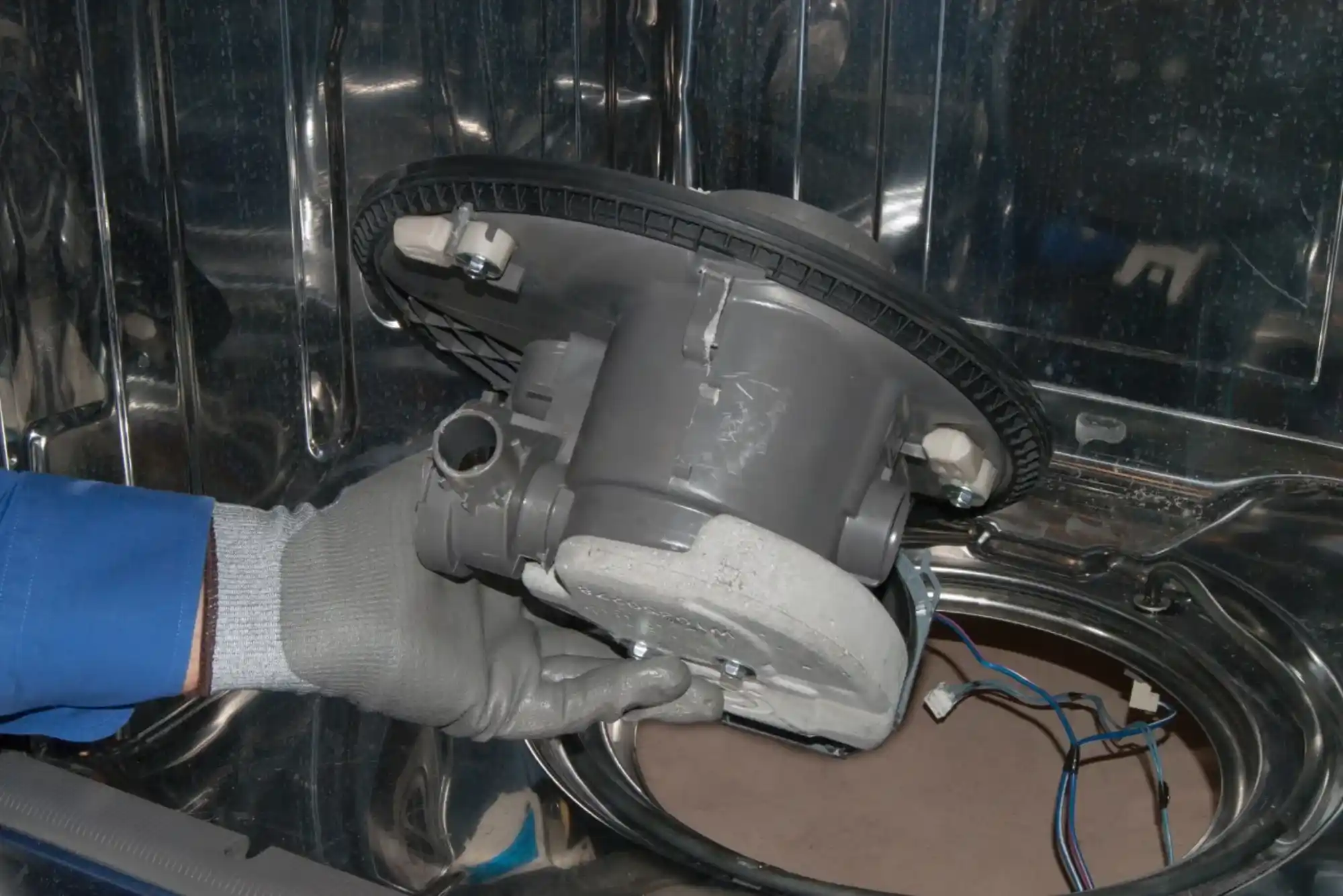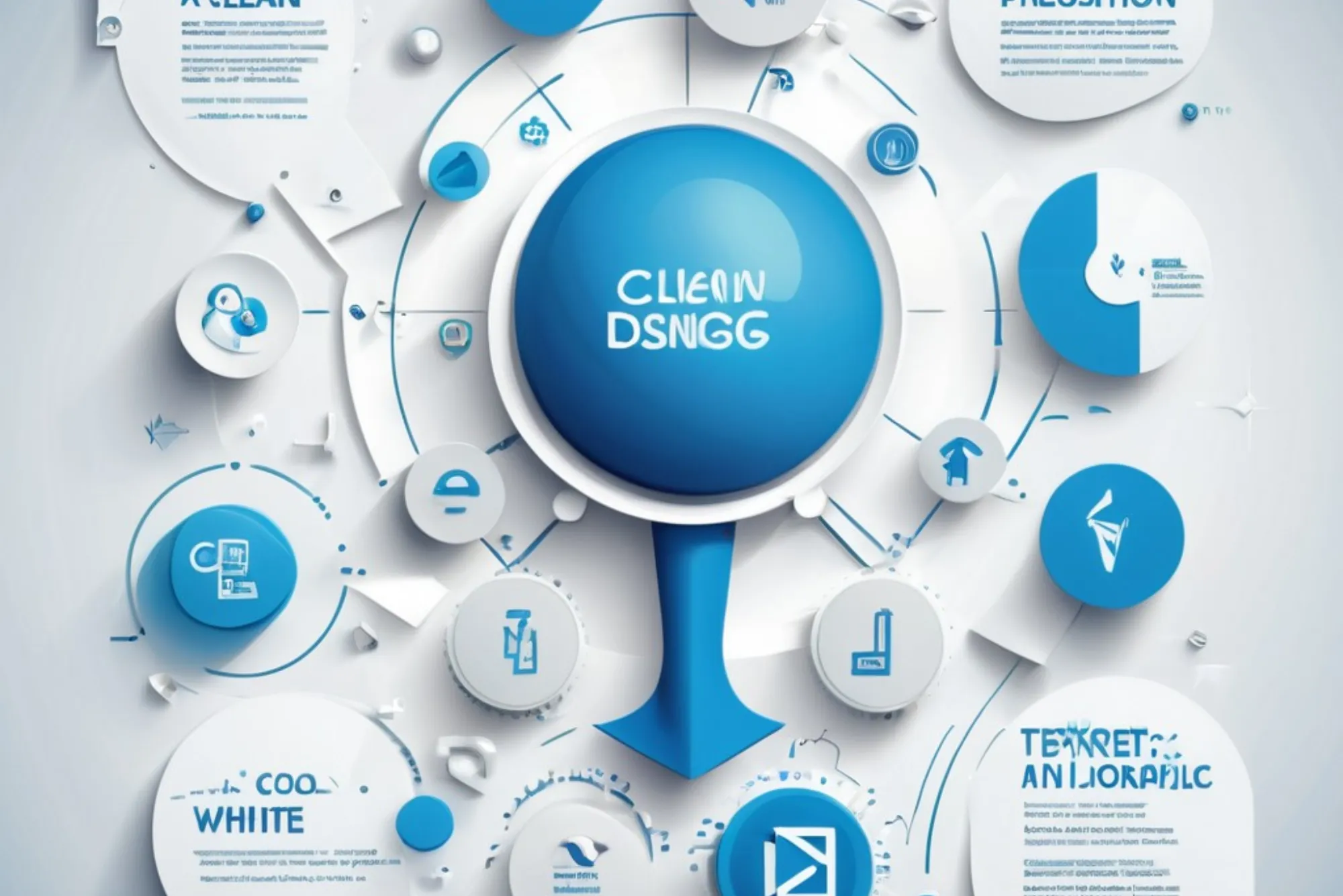In today’s fast-paced world, businesses rely heavily on reliable and innovative partners to produce high-quality components. When it comes to plastics, the choice of working with a global plastic parts manufacturer can make a tremendous difference. Whether you’re producing parts for automotive, electronics, healthcare, or consumer products, finding the right partner is about more than cost—it’s about expertise, consistency, and scalability.
Over the years, I’ve seen businesses struggle when they work with local-only suppliers who can’t keep up with changing demand or lack the technology to meet complex design requirements. On the other hand, those who build relationships with established plastic parts manufacturers operating on a global scale often experience more reliable supply chains, access to advanced production methods, and improved overall efficiency. Let’s take a closer look at why this partnership matters and how it benefits different industries.
Access to Advanced Technology and Innovation
A key reason businesses turn to global manufacturers is their investment in technology. Larger, internationally recognized companies have the resources to adopt cutting-edge methods like precision injection molding, multi-material molding, and automated production systems.
For example, if your company needs components that meet strict tolerances—like medical device housings or automotive safety parts—you can’t afford errors. Global injection molding parts suppliers often use advanced quality control systems, digital simulations, and real-time monitoring to guarantee consistent output. Their scale allows them to stay ahead of industry trends, meaning you’re not just getting today’s technology, but solutions that keep you competitive for the future.
Consistency Across Markets
Imagine producing a product in the United States and then expanding to Europe or Asia. If you’re working with a local-only manufacturer, you may run into challenges around different standards, shipping delays, or quality variations. A global plastic parts partner solves this by offering uniform production capabilities across multiple locations.
This consistency ensures that no matter where your product is made or sold, it meets the same specifications and quality benchmarks. For brands that rely on a strong reputation, having identical components across international markets can’t be underestimated. It builds trust with customers and reduces the risk of costly recalls or redesigns.
Stronger Supply Chain Resilience
One of the biggest lessons businesses learned during recent global disruptions was the importance of a resilient supply chain. Local-only production sometimes means limited flexibility. If a regional issue arises, your entire operation can come to a halt.
Global plastic parts manufacturers mitigate this by offering multiple production facilities and diversified logistics networks. If one plant faces a challenge, production can often be shifted elsewhere with minimal disruption. This agility helps companies meet deadlines and maintain business continuity, even in the face of unforeseen events.
Expertise in Diverse Industries
Working with global players also means tapping into broad industry experience. Many injection molding parts suppliers have decades of expertise across sectors such as automotive, aerospace, healthcare, consumer goods, and electronics.
For instance, healthcare components demand biocompatible materials and strict sterilization standards, while automotive parts need high durability under extreme conditions. Global manufacturers typically have specialized teams dedicated to these industries, meaning you benefit from best practices and tested solutions rather than starting from scratch.
Cost Efficiency Without Sacrificing Quality
At first glance, some businesses worry that working with a global manufacturer means higher costs. While it’s true that quality control and advanced technology come with investment, the long-term savings are significant.
Global suppliers can leverage economies of scale, sourcing raw materials at better rates and optimizing production for efficiency. Instead of paying for multiple small-scale operations, you benefit from centralized expertise and optimized workflows. This doesn’t just reduce per-unit costs but also cuts down on waste, rework, and delays—expenses that can quietly add up when working with smaller, less-equipped partners.
Customization and Design Support
Another overlooked benefit of working with an international manufacturer is access to design and engineering support. Many top-tier plastic parts manufacturers employ teams of engineers who collaborate closely with clients from the early stages of development.
For example, when designing a new electronic device, you may need input on material selection, mold design, and manufacturability. A global supplier can run simulations, provide rapid prototyping, and suggest improvements that reduce costs and improve performance. This collaborative approach ensures that the final product not only meets your vision but is also optimized for production.
Compliance With Global Standards
Regulatory compliance is increasingly critical, particularly in industries like medical devices, aerospace, and automotive. Global manufacturers often maintain certifications such as ISO 13485 for medical parts or IATF 16949 for automotive.
By working with a partner who already meets international standards, you avoid the burden of navigating complex regulations alone. This is especially important if you plan to expand your business internationally—your products will already be aligned with global compliance expectations.
Real-World Example: Automotive Industry
Take the automotive industry as an example. Vehicle components require high precision, strength, and consistency. A local-only supplier might manage small runs, but scaling up for global production while maintaining exact tolerances is a different challenge.
Leading global injection molding parts suppliers serve top automotive brands worldwide because they can replicate the same part in multiple regions without sacrificing quality. This ensures that a vehicle manufactured in Europe has the exact same components as one built in North America or Asia, preserving safety and brand reputation.
Building Long-Term Partnerships
Ultimately, working with a global plastic parts manufacturer is about building trust. Instead of switching between small suppliers for different markets, you form a partnership with one reliable provider who understands your business. Over time, this relationship leads to smoother communication, faster turnaround on new projects, and a shared focus on innovation.
Many companies that start small later find themselves scaling quickly. Having a trusted global partner from the beginning ensures you don’t outgrow your supplier. Instead, you grow together, supported by infrastructure, expertise, and a commitment to your success.
Final Thoughts
In a competitive world, the decision of who manufactures your components can make or break your product’s success. Partnering with a global plastic parts manufacturer or reputable injection molding parts suppliers isn’t just about finding someone to make your parts. It’s about ensuring quality, resilience, and growth opportunities.
By choosing a partner with advanced technology, global consistency, compliance expertise, and industry-specific knowledge, you’re setting your business up for long-term success. While local manufacturers may serve small projects well, the scale and expertise of a global supplier ensure that as your ambitions grow, your supply chain grows with you.
The right partnership is not just a vendor relationship—it’s a strategic advantage. If your business depends on plastic components, working with a global manufacturer may be one of the smartest investments you’ll make.





















